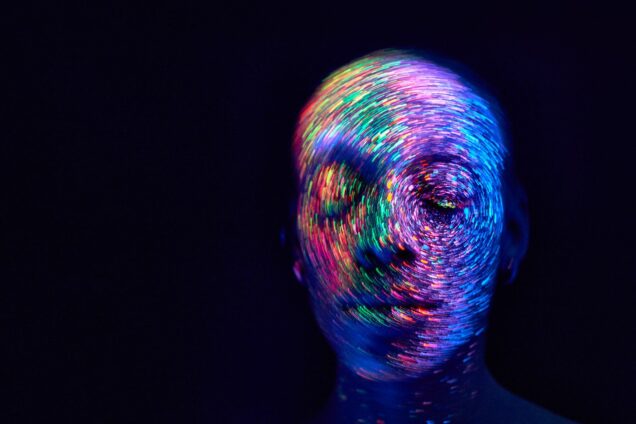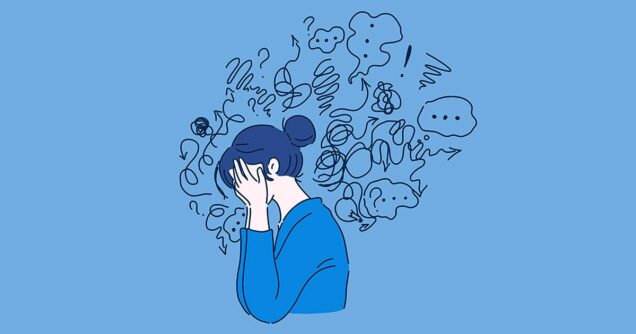Ketamine Infused Therapy for PTSD

Ketamine Infusion Treatment for Post-Traumatic Stress Disorder (PTSD)
Written By Cady Balde
Over the last two decades, the anesthetic drug ketamine has become a popular new treatment approach for mental health disorders such as anxiety, depression, and post-traumatic stress disorder (PTSD). Derived from the psychedelic drug phencyclidine, commonly known as PCP or angel dust, ketamine is a dissociative anesthetic. Legally, ketamine is a F.D. Ketamine is an approved anesthetic that is commonly used in emergency rooms; however, when used recreationally, it causes mind-altering effects that are described as a “separation of mind from body even as the mind retained consciousness” (Witt, 2021). With regard to illicit drugs and human subject research, purposefully inducing these hallucinogenic properties has raised controversy within the clinical and psychiatric realms. However, in 2006, the National Institute of Mental Health, along with Yale clinician Dr. Gerard Sanacora, found schizophrenic patients experienced mood improvement after receiving a single intravenous dose of ketamine.

Patients who suffer from major depressive disorder, chronic stress, or PTSD experience synapse loss. Synapses are wire-like signals that regulate our brain’s responsibility for behavior, mood, and cognitive function. Neurotransmitters such as cortisol, dopamine, and serotonin are brain chemicals that signal danger in our bodies. However, when an individual experiences a traumatic event, these chemicals become imbalanced due to the brain synapses thinking they are in a constant fight-or-flight situation. Ketamine therapy, administered intravenously, has shown promise in re-growing lost synapses. Chief Psychiatrist at Yale-New Haven Hospital, John Krystal, identified that “within 24 hours of a person’s first dose of medically supervised ketamine, those lost connections start to regrow. The more synapses they grow, the better the antidepressant effects of ketamine are for them” (Collins, 2022). Dr. Krystal did note that ketamine therapy should not be used as a sole treatment plan but should be used in conjunction with anti-depressant medication and cognitive behavioral therapy (CBT).
A possible limitation of ketamine infusion therapy is the increased risk of psychosis due to its hallucinogenic effects and the possibility for individuals to develop drug dependence. However, I found ketamine infusion therapy overall to be an effective new treatment approach for those with medication resistant depression and treatment resistant PTSD.
References
Witt, E. (2021, December 29). Ketamine Therapy Is Going Mainstream. Are We Ready? The New Yorker. https://www.newyorker.com/culture/annals-of-inquiry/ketamine-therapy-is-going-mainstream-are-we-ready
Collins, S. (2022, May 4). What is Ketamine? How it Works and Helps Severe Depression. WebMD. https://www.webmd.com/depression/features/what-does-ketamine-do-your-brain